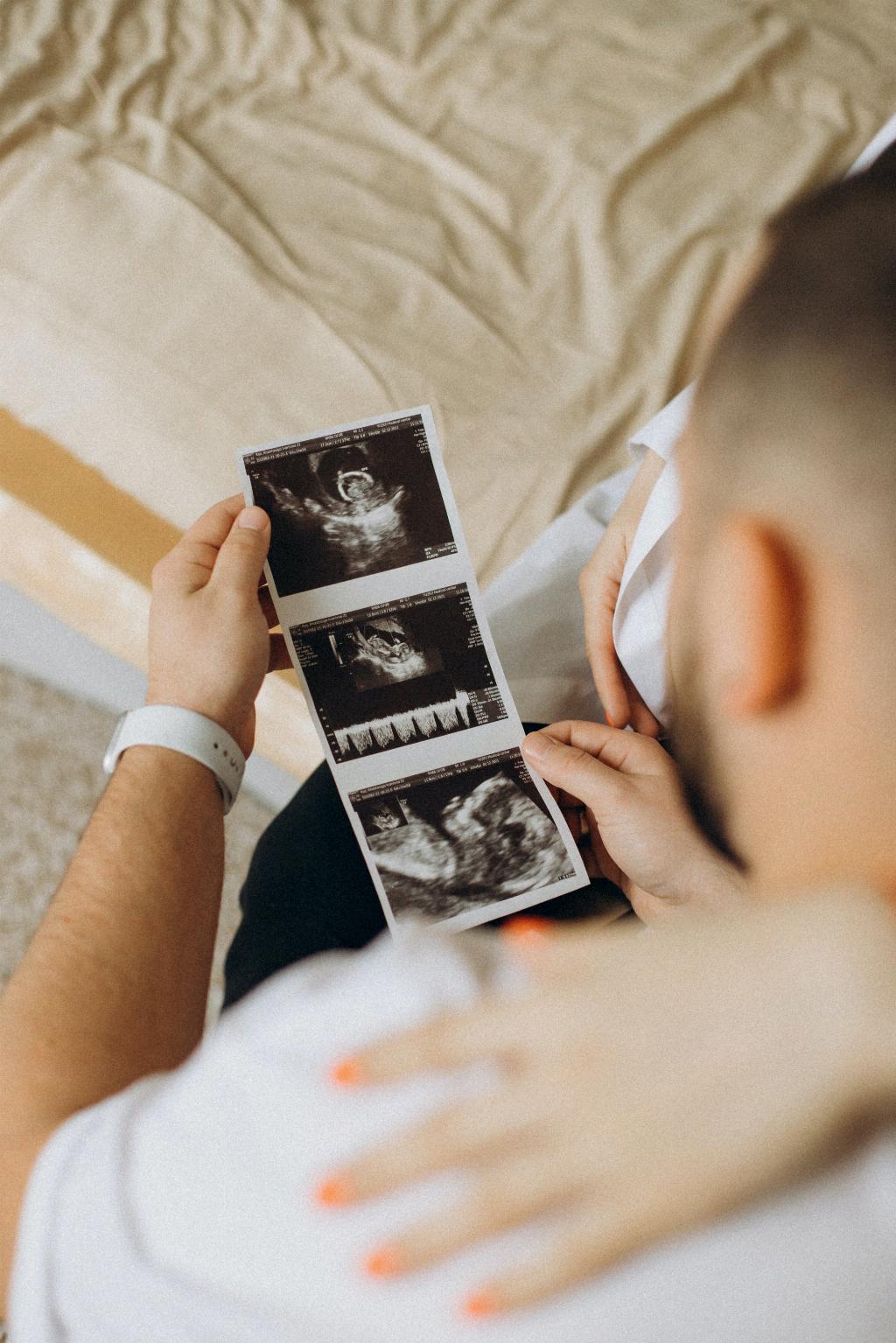PCOS, or Polycystic Ovary Syndrome, can pose challenges for women trying to conceive and carry a pregnancy to term. This hormonal disorder affects ovulation and can lead to irregular menstrual cycles, making it harder to predict ovulation and time conception.
Managing PCOS During Pregnancy
While PCOS can complicate pregnancy, with careful management and monitoring, many women with PCOS can have successful pregnancies. It’s important for women with PCOS to work closely with their healthcare providers to manage their condition and optimize their chances of a healthy pregnancy.
Risks and Complications
Women with PCOS are at higher risk for certain pregnancy complications, such as gestational diabetes, preeclampsia, and premature birth. These risks underscore the importance of close monitoring and proactive management throughout pregnancy.
Nutrition and Exercise
A balanced diet and regular exercise play a crucial role in managing PCOS and promoting a healthy pregnancy. Maintaining a healthy weight can help reduce the risk of complications such as gestational diabetes and preeclampsia.
Medication and Treatment
Some women with PCOS may require medication to help regulate their menstrual cycles or manage symptoms such as high blood pressure or diabetes during pregnancy. It’s important to discuss any medications or treatments with your healthcare provider to ensure they are safe for both you and your baby.
Prenatal Care
Regular prenatal check-ups are essential for women with PCOS to monitor their health and the development of the baby. Prenatal care can help detect any potential issues early and provide the necessary support and interventions to ensure a healthy pregnancy.
Support and Resources
Women with PCOS may benefit from joining support groups or seeking out resources specifically tailored to their needs during pregnancy. Connecting with other women who have navigated similar challenges can provide valuable support and advice.
Emotional Wellbeing
Pregnancy can be a rollercoaster of emotions for any woman, and the added challenges of PCOS can make it even more overwhelming. It’s important to prioritize self-care and seek emotional support if needed to navigate the journey to motherhood with strength and resilience.
Birth Options
While many women with PCOS can have a vaginal birth, some may require a cesarean delivery depending on their health and the baby’s well-being. Discussing birth options with your healthcare provider and preparing a birth plan can help you feel more confident and in control.
Postpartum Care
After giving birth, it’s essential to prioritize postpartum care to ensure a smooth recovery and support your physical and emotional well-being. Be gentle with yourself and don’t hesitate to ask for help if needed during this transitional period.
Celebrating Your Journey
While navigating a pregnancy with PCOS may present challenges, it’s important to celebrate each milestone and embrace the journey to motherhood with courage and optimism. Remember that you are strong and capable, and your resilience will carry you through any obstacles you may face.
Consult Your Healthcare Provider
Every woman’s journey is unique, and it’s crucial to consult your healthcare provider for personalized advice and guidance throughout your pregnancy. Together, you can create a plan that prioritizes your health and the well-being of your baby, ensuring a positive and empowering pregnancy experience despite the challenges of PCOS.

